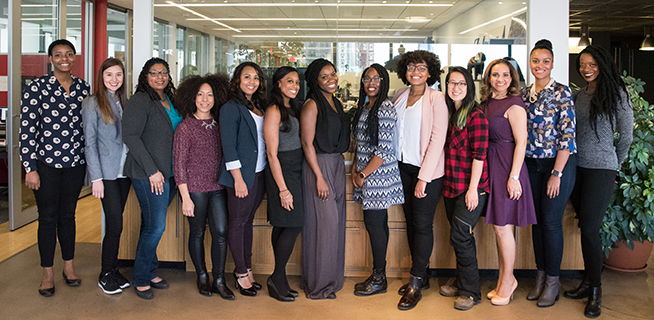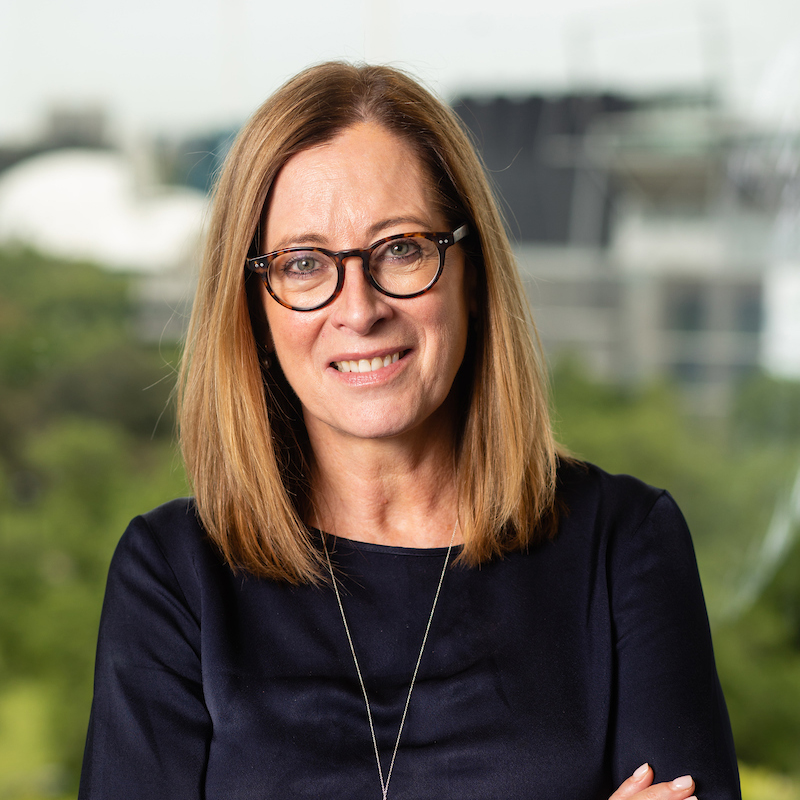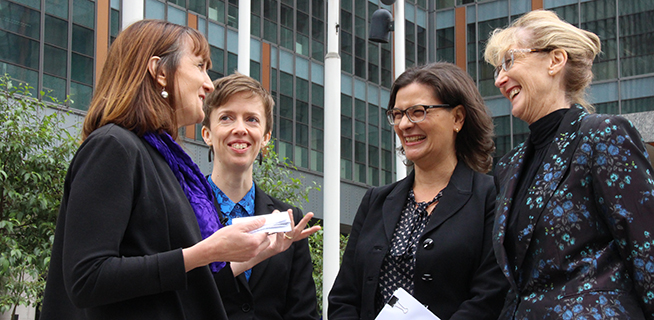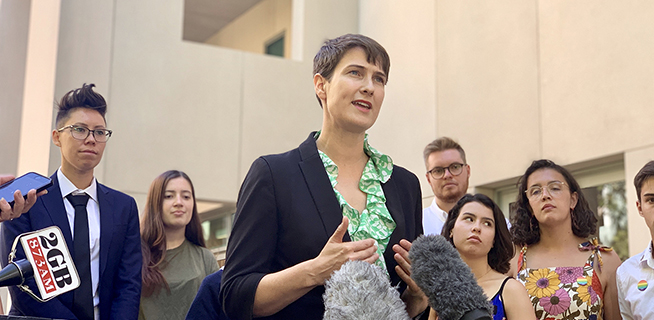This year, the UN Women Australia theme for International Women’s Day is Cracking the Code: Innovation for a gender-equal future.

The multiplier effect: Australians Investing in Women
Launched in November 2020, Australians Investing in Women is the next evolution of the Australian Women Donors Network. Different name, same objective: to empower giving for a fairer future.




